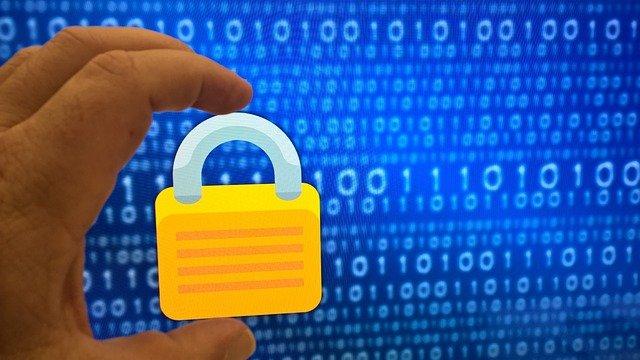Decentralized Autonomous Organizations: Redefining Corporate Governance
The intersection of blockchain technology and organizational management has given rise to a revolutionary concept: Decentralized Autonomous Organizations (DAOs). These innovative entities are reshaping traditional notions of corporate structure, decision-making, and stakeholder engagement. As businesses seek more agile and transparent operational models, DAOs offer a compelling alternative that merits closer examination.

The Genesis of DAOs
Decentralized Autonomous Organizations trace their origins to the early days of blockchain technology. Conceived as a way to automate and decentralize organizational governance, DAOs were first theorized in the cryptocurrency community. The concept gained significant attention with the launch of “The DAO” in 2016, an Ethereum-based investment fund that raised approximately $150 million. Despite its ultimate failure due to a code exploit, The DAO demonstrated the potential for blockchain-based governance and sparked widespread interest in the concept.
Core Principles of DAOs
DAOs operate on several fundamental principles that set them apart from traditional corporate structures:
-
Decentralization: Decision-making power is distributed among token holders rather than concentrated in a central authority.
-
Transparency: All transactions and governance decisions are recorded on a public blockchain, ensuring full visibility.
-
Automation: Smart contracts execute predefined rules and actions, reducing the need for intermediaries.
-
Token-based Governance: Participation and voting rights are typically tied to ownership of the organization’s native tokens.
-
Community-driven: DAOs rely on the collective wisdom and engagement of their members for direction and growth.
Structural Components of DAOs
The architecture of a DAO typically includes several key components:
-
Smart Contracts: These self-executing contracts with the terms of the agreement directly written into code form the backbone of DAO operations.
-
Governance Token: A cryptocurrency that grants voting rights and represents ownership in the DAO.
-
Proposal System: A mechanism for members to submit, discuss, and vote on proposals for organizational changes or actions.
-
Treasury: A pool of funds controlled by the DAO, often managed through multi-signature wallets.
-
Voting Mechanism: A system for token holders to cast votes on proposals, often with options for delegation.
Applications and Use Cases
DAOs have found applications across various sectors, demonstrating their versatility:
-
Investment Funds: DAOs can pool capital and make collective investment decisions, democratizing access to investment opportunities.
-
Grant Distribution: Some DAOs focus on allocating funds to projects that align with their mission, often in the realms of open-source software or social impact.
-
Protocol Governance: Many decentralized finance (DeFi) protocols use DAOs to manage upgrades and parameter adjustments.
-
Social Organizations: DAOs can facilitate coordination and resource allocation for online communities and social movements.
-
Service Providers: Some DAOs offer professional services, with members collaborating on client projects.
Challenges and Considerations
While DAOs offer numerous advantages, they also face significant challenges:
-
Legal Recognition: The legal status of DAOs remains uncertain in many jurisdictions, posing risks for members and operations.
-
Security Vulnerabilities: As demonstrated by The DAO hack, smart contract vulnerabilities can have severe consequences.
-
Governance Efficiency: Decentralized decision-making can be slow and may struggle with time-sensitive issues.
-
Voter Apathy: Ensuring consistent engagement from token holders can be challenging, potentially leading to low participation rates.
-
Scalability: As DAOs grow, maintaining effective governance and member engagement becomes increasingly complex.
Implementing DAO Principles in Traditional Organizations
• Introduce token-based voting systems for certain organizational decisions
• Implement blockchain-based transparency measures for financial transactions
• Create decentralized teams with autonomous decision-making capabilities
• Develop smart contract systems for automating routine organizational processes
• Establish community-driven innovation funds within the corporate structure
As the business landscape continues to evolve, Decentralized Autonomous Organizations represent a bold step towards more transparent, inclusive, and efficient organizational models. While challenges remain, the principles underlying DAOs offer valuable insights for traditional businesses seeking to enhance stakeholder engagement and operational agility. As technology advances and regulatory frameworks adapt, DAOs may well become a significant force in shaping the future of corporate governance and organizational design.






